The Australian Competition and Consumer Commission (ACCC) has briefed National Party MPs on its recommendation to scrap rooftop solar rebates. The proposal sent a shockwave through Australia’s solar industry and community when suggested earlier this year.
Rod Sims, the Chair of the ACCC, briefed on Monday National Party MPs on the recent ACCC report, which recommended winding down or abolishing the Small-scale Renewable Energy Scheme (SRES) by 2021. The current policy envisages phasing out the SRES by 2030.
In a media conference, Sims gave no preference to any of the 56 recommendations integrated in its Restoring electricity affordability and Australia’s competitive advantage report, saying they should be taken as a package.
He is scheduled to address Liberal Party MPs on Tuesday. Afterwards, the Coalition partners will be asked to sign off on a plan to axe the SRES.
The ACCC recommendations aimed at reducing electricity bills are regarded as a threat to households and businesses, which have turned to solar in order cope with soaring electricity bills.
Following the report’s release in July, signs have emerged of individual state initiatives aimed at scrapping or winding back subsidies for rooftop solar.
Western Australia’s Energy Minister Ben Wyatt is reportedly investigating the effects of possible changes to the state’s rooftop solar tariffs, which he described as not justified considering the marked decline of solar panel costs.
According to John Grimes, the head of the Smart Energy Council, axing of the SRES can trigger a 30% increase in cost of solar.
“This a very real threat to Australia’s solar industry,“ says Grimes. “It would be devastating for the solar industry and devastating for families and small businesses wanting to slash their power bills.“
While it continues to reduce in value every year, the SRES program has helped Australia approach the landmark of two million solar PV rooftop systems installed. This year alone is expected to see more than 200,000 sub-100 kW systems installed.
According to Clean Energy Council (CEC) Chief Executive Kane Thornton, the ACCC final report into electricity prices contains many valuable suggestions to reduce power bills but prematurely ending support for rooftop solar isn’t one of them.
“Something the ACCC has not considered is that the solar industry is regulated through an accreditation scheme that is linked to SRES through legislation,“ said Thornton. “The accreditation scheme has been instrumental at maintaining high safety and quality standards during a decade of massive growth.“
Thornton reminds that rooftop solar is one of the few direct ways that households and businesses are able to reduce their power bills.
“Virtually every part of our power bill has gone up this decade, but technologies like solar power, solar hot water and energy efficiency are some of the few things that are actively making a difference in cutting the cost of power for people from all walks of life,” he said.
This content is protected by copyright and may not be reused. If you want to cooperate with us and would like to reuse some of our content, please contact: editors@pv-magazine.com.
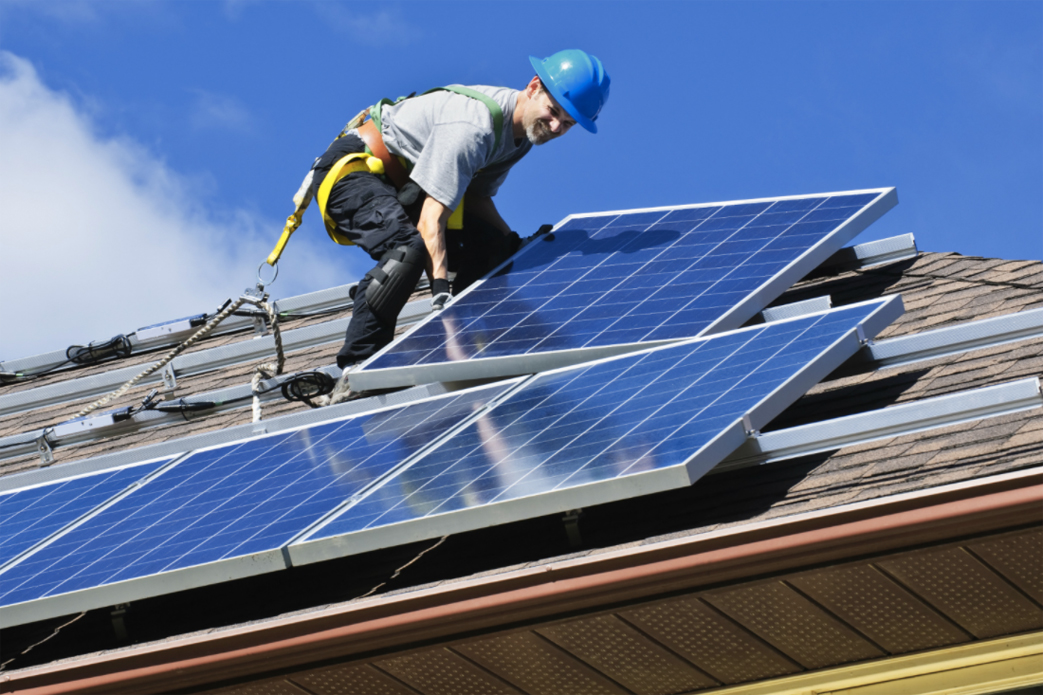
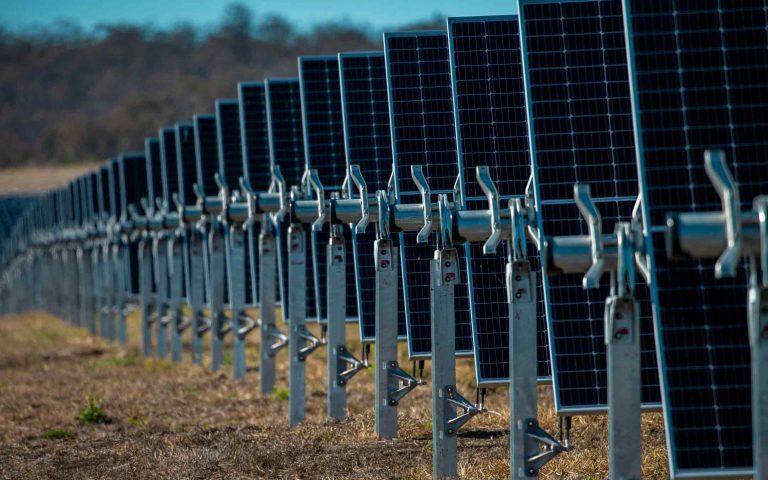


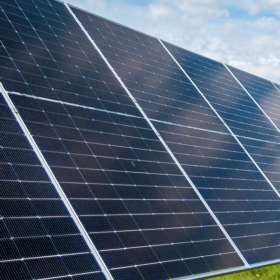


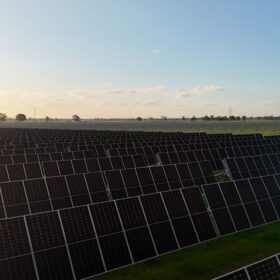
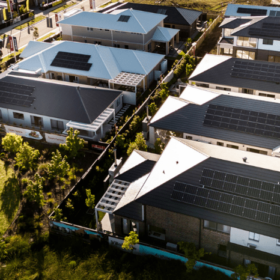
Where did they get 30% from? On a 6kW system in QLD, the STC discount is worth approx $4000. Products and install is worth approx. $6,500.00.
Removing the SRES will more than double the cost of solar. It will push ROI’s back to a point that will make solar a bad investment. Luckily none of us will be alive to see the consequences these stupid decisions will have on our planet.